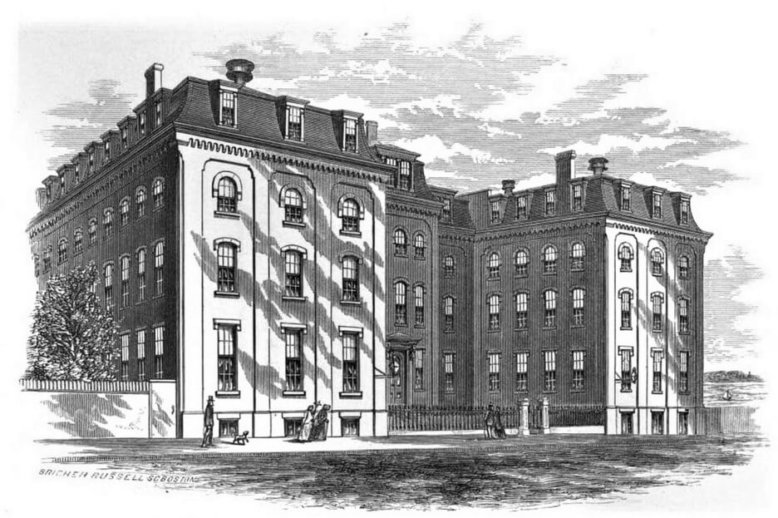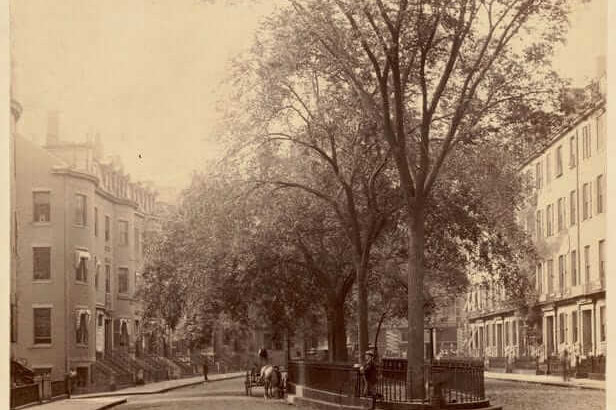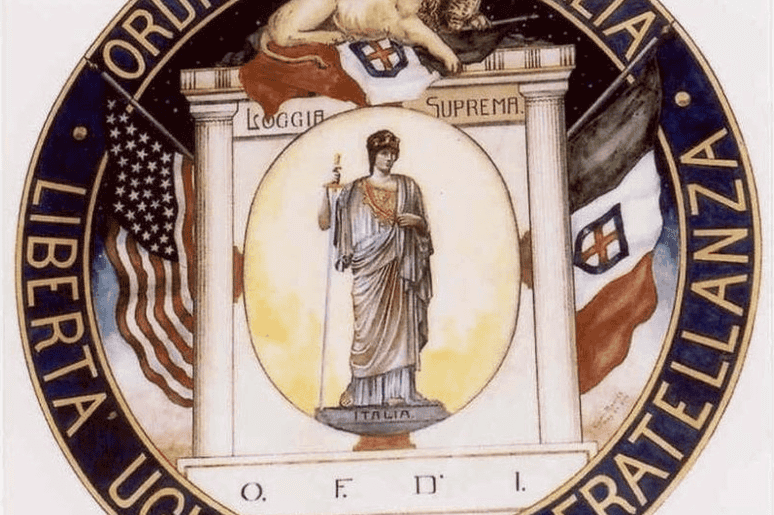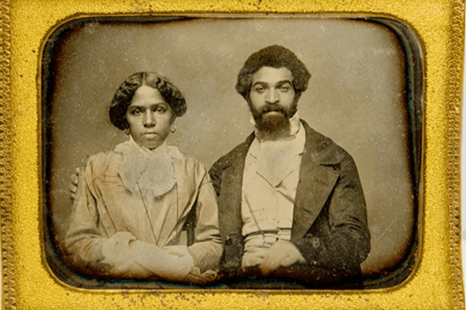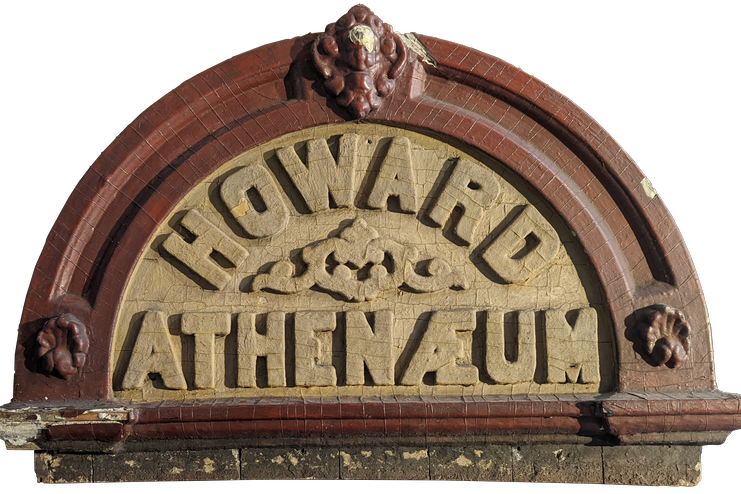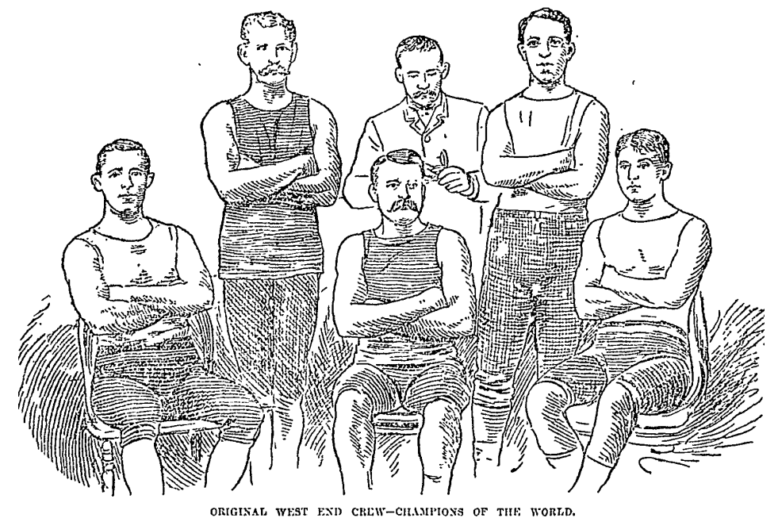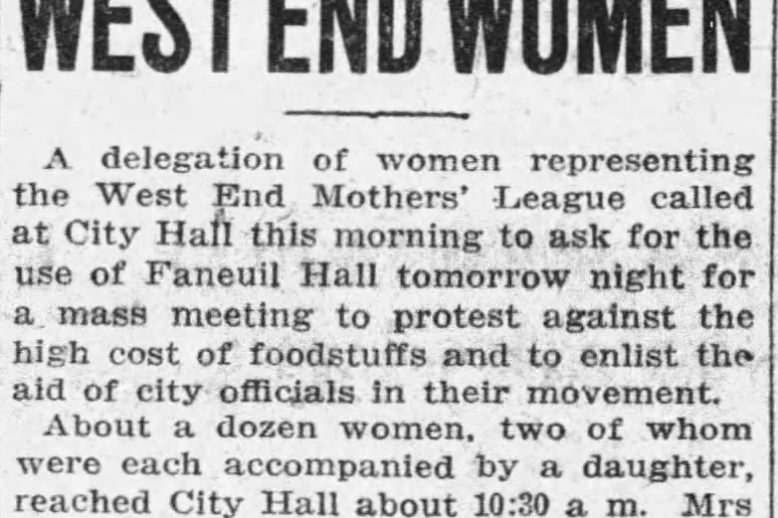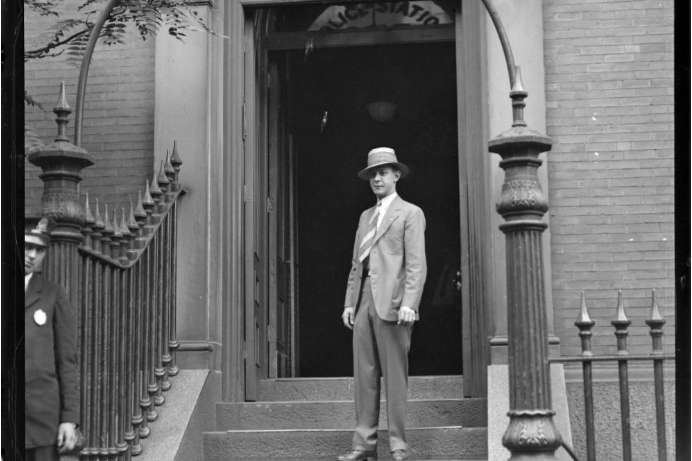The Home for Aged Colored Women
The Home for Aged Colored Women was founded in the historic West End, on the north slope of Beacon Hill in 1860. The organization’s objective was to financially support and house elderly and poor Black women being turned away from existing charitable institutions. The organization raised enough funds to build an institution that served the community through the 1940s.


